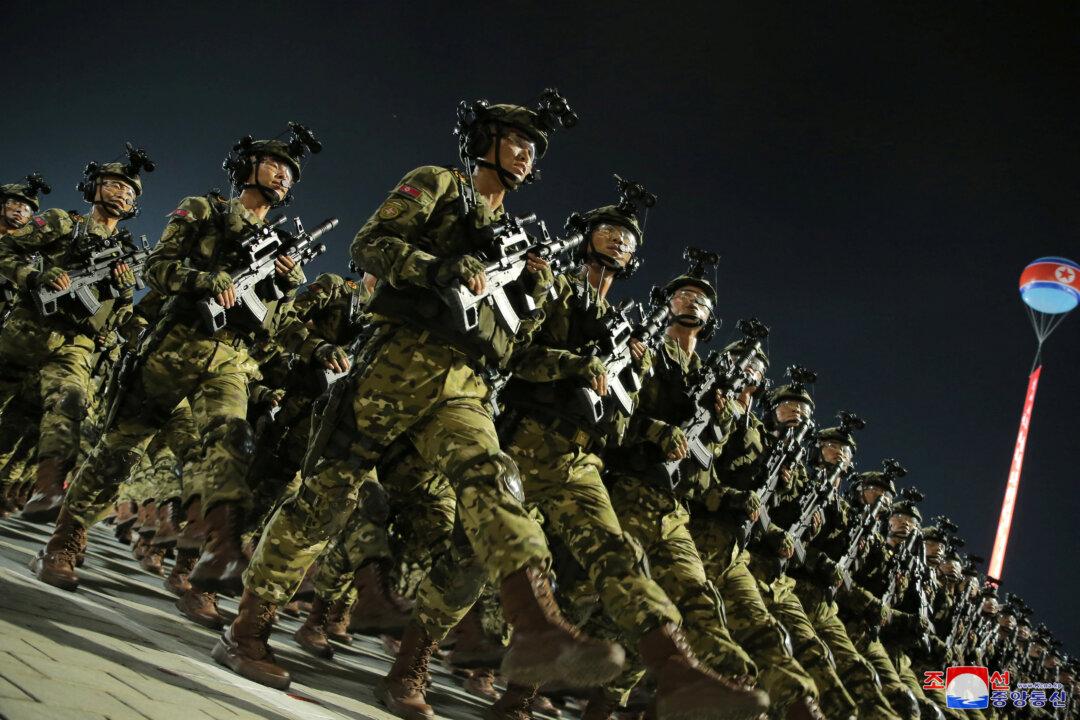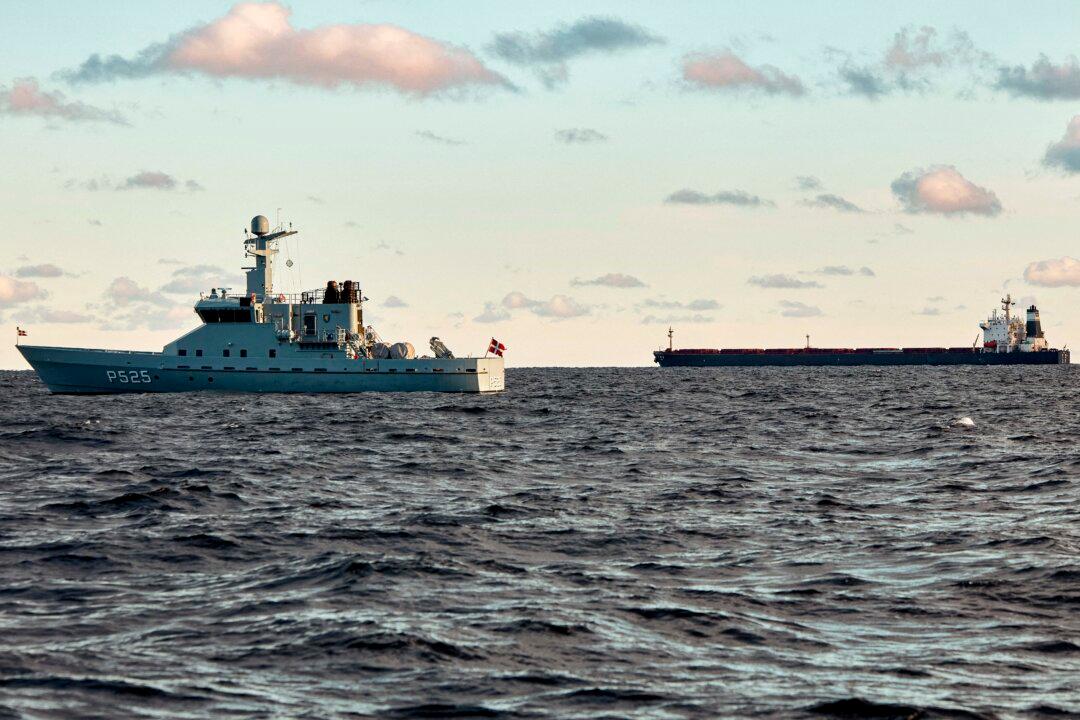Chinese leader Xi Jinping wants to strike a deal with the Trump administration, with Xi reportedly willing to pay a heavy price if he can win U.S. support for its unification with Taiwan, according to insider sources who talked to China observer and leading pro-democracy figure Yuan Hongbing.
Renowned Chinese dissident Yuan Hongbing, who maintains communications inside China’s top political circles, told The Epoch Times on Jan. 20 that Xi is plotting to achieve his goal of a so-called “peaceful reunification” with Taiwan.




